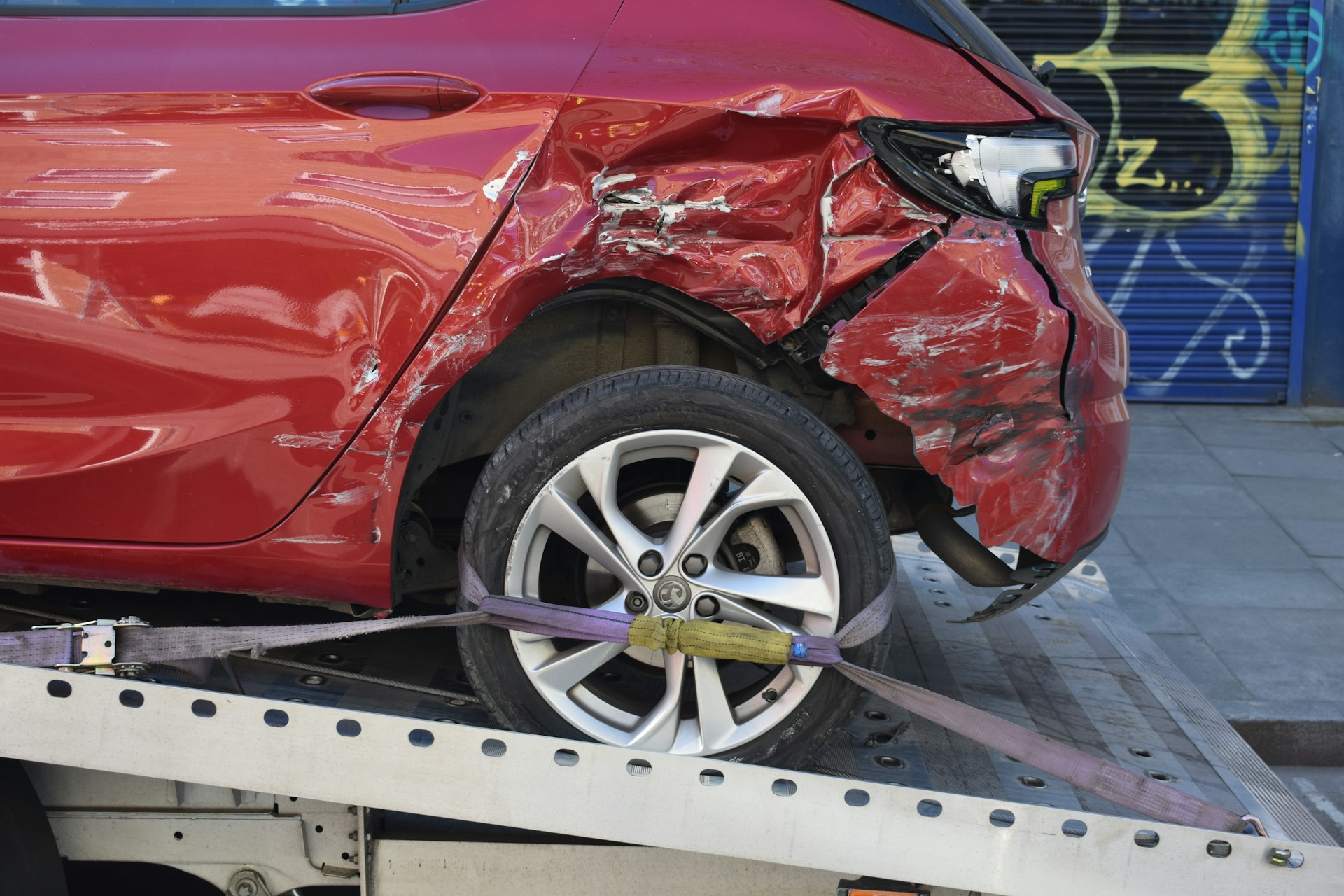A serious car crash can be a shocking and traumatic experience, leaving you overwhelmed and unsure of what to do next. Whether it was a rear-end collision or a multi-vehicle accident, your immediate actions can significantly influence your recovery—both physically and financially. Being prepared and informed can help you navigate the situation with clarity and confidence.
Here are five essential steps to take if your car was hit badly in a road crash.
Also to read : What Are the Key Drivers of Economic Growth in the UK?
1. Ensure Safety and Seek Medical Attention
Your first priority should always be safety. If you’re able to move, check yourself and others for injuries and call emergency services right away. Even if you feel fine, it’s important to undergo a medical evaluation, as some injuries, such as internal bleeding or whiplash, may not be immediately noticeable.
If it’s safe to do so, move your vehicle out of traffic to prevent further accidents. Turn on hazard lights and set up warning triangles if available. Prompt medical attention not only safeguards your health but also provides official documentation for any future insurance or legal claims.
Also to see : How Will Emerging Trends Reshape the Future of UK Business?
2. Contact the Police and File an Official Report
Regardless of how severe the crash appears, it’s vital to report the incident to the police. The responding officers will assess the scene, document evidence, and file an official report, which serves as a crucial piece of evidence during insurance claims or legal disputes.
Be honest and concise when giving your statement, but avoid admitting fault or speculating about what happened. Make sure to request a copy of the report or ask how you can obtain it later—it will be an important document in the days to follow.
3. Document the Scene and Collect Evidence
Gathering evidence at the crash site is one of the most important steps you can take. Use your phone to take photographs of the damaged vehicles, license plates, skid marks, traffic signs, and your injuries if visible.
Exchange information with the other driver, including their name, contact details, licence plate number, and insurance provider. Also, speak to witnesses and collect their contact information. These details may help establish fault and strengthen your case when dealing with insurers or legal representatives.
4. Consult a Car Accident Lawyer
When your car is badly damaged and injuries are involved, consulting a car accident lawyer can be a game-changer. A skilled lawyer can assess your case, guide you through the legal process, and handle communication with insurance companies.
They ensure you are not pressured into accepting a low settlement and work to secure fair compensation for vehicle repairs, medical bills, lost wages, and emotional suffering. Most accident lawyers offer free consultations and operate on a contingency basis, meaning you only pay if you win your case.
5. Notify Your Insurance Provider and Begin the Claims Process
After ensuring everyone’s safety and speaking with a lawyer, notify your insurance company about the accident as soon as possible. Provide accurate details and share the police report, photographs, and other collected evidence.
Avoid speculating or admitting fault during these conversations. Your insurance provider will guide you through the next steps, including vehicle assessment, repairs, and potential compensation. Stay organised by keeping records of all conversations and documents related to the crash.
Taking the right steps after a serious road crash helps protect your health, legal rights, and financial well-being.






